
Cook for change
You’ll need
- Coloured pens or pencils
- A4 card
- Sticky tape
- Large cooking pan
- Meal ingredients
- Utensils and equipment for cooking
- Plates
- Cutlery
- Napkins
Before you begin
- You’ll need a few sessions to plan and deliver your project – this isn’t something you can do all in one go.
- Think about what’s realistic for your group depending on their experience and skills (and the resources you’ve got available). You could go big with a freshly-cooked community meal, or keep it achievable by baking snacks in advance to share while you chat.
Make the big decisions
- Everyone should decide whether they want their meal to be out in the open in the community so anyone passing by can join in or whether they want to make it exclusive and invite-only.
- Everyone should split into groups of three or four people and think about who they want to invite to their meal. Even if it’s open in the community, they could still invite specific people to stop by. Not everyone they invite will be able to come, but it’s OK to dream big and invite people who have the power to influence change, such as mayors, MPs (AM's/MASP's), journalists, and local celebrities.
- Everyone should come back together and share their ideas. Someone should jot down a potential guest list.
- Everyone should work together to sort the practicalities. Where will they prepare the food? Where will they serve it? How many people will they be able to feed – thinking about both space and budget? How will they make sure their meal is accessible and inclusive?
- In their small groups, everyone should think about all the different things to consider when planning a menu. Budget’s a major one, but what about dietary requirements (including religious requirements and allergies), equipment, and time?
- Everyone should come back together and share their ideas.
- Now they have a big list of things to consider, everyone should work together to decide what meal they’d like to make and serve. It’ll probably need to be budget-friendly and easy to cook on a bigger scale. They could think about serving a vegetarian or vegan meal to meet more people’s dietary requirements (and save money too).
- Everyone should decide what they’ll ask their guests to do to help end homelessness for good. Will they ask them to sign a petition, for example? What will the petition say? Who will their petition be addressed to?
Plan the smaller details
- Everyone should split into three teams to sort out food, guest experience, and design. The teams should be roughly equal, and as far as possible, it’s great if people can work on something that matches their interests and skills.
- Each team should plan how to make their part of the event run smoothly. It’s OK if teams help with other tasks, too. Most of the design team’s work will be done by the time the food team start cooking, for example, so the food team should plan how they could help with the preparation or washing up.
- The food team should focus on planning the details of the meal, making a shopping list, and sourcing equipment. What will they need to do on the day? Who’ll be responsible for each bit of the recipe?
- The design team should focus on how they’ll share information. Could they make posters, banners, or leaflets to hand out? Do they want to make posters or invites? What will the petition look like?
- The guest team should focus on making sure the whole experience runs smoothly from start to finish. Have they got all the details sorted with the venue? Have they shared details with all of the people they want to come? What will everyone say to the guests on the day – how will they explain the issue of homelessness? How will they share the news of their event afterwards?
On the day
- Everyone should get stuck into their roles and follow their plan to make their meal a success and talk to people about ending homelessness.
- When their project’s finished, everyone should take time to say thank you to any helpers and reflect on the difference they’ve made. Do they want to share the news, for example, on their social media or through local newspapers?

This activity helps contribute towards some of the UN's Sustainable Development Goals. Find out more about the SDGs, and how Scouts across the world are getting involved.
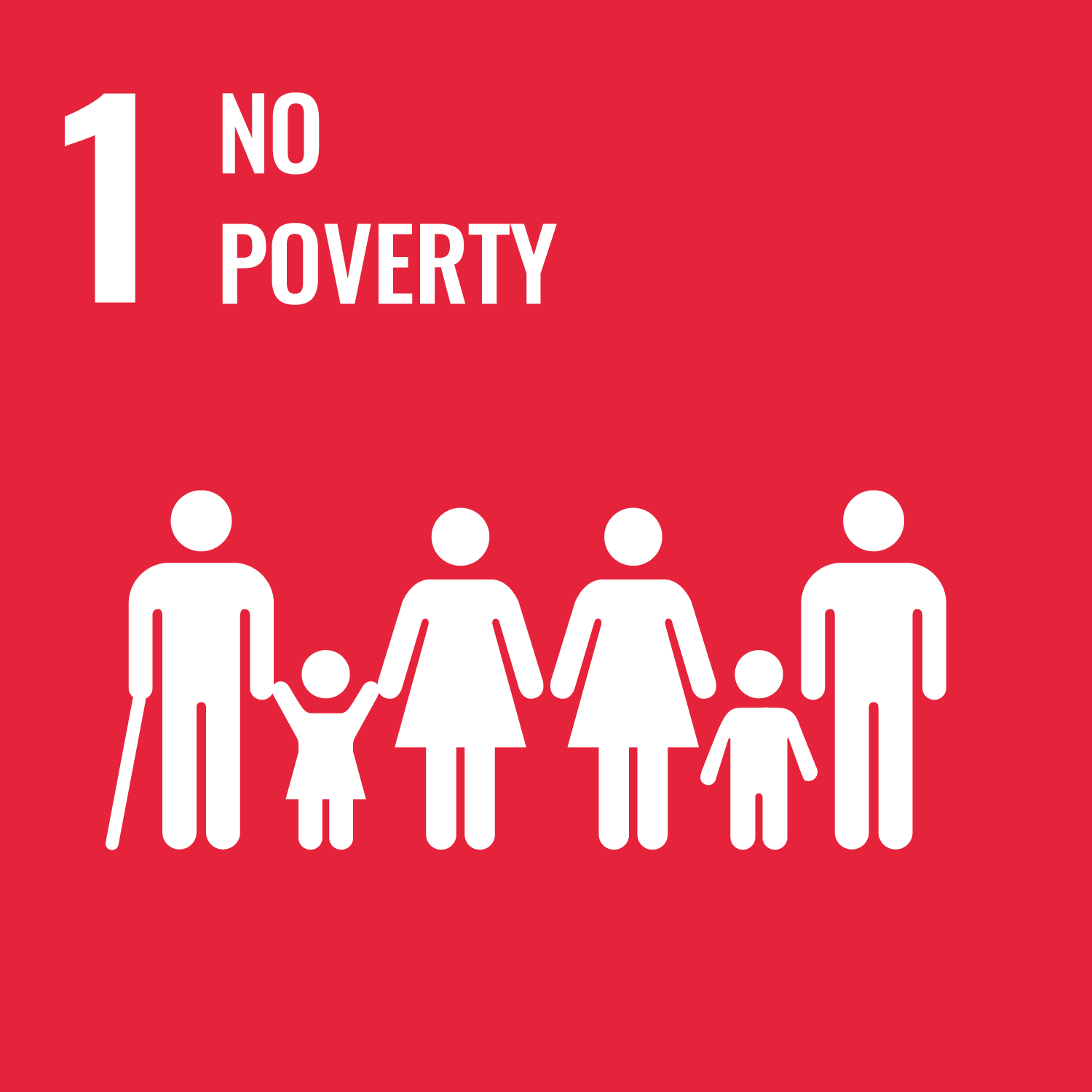
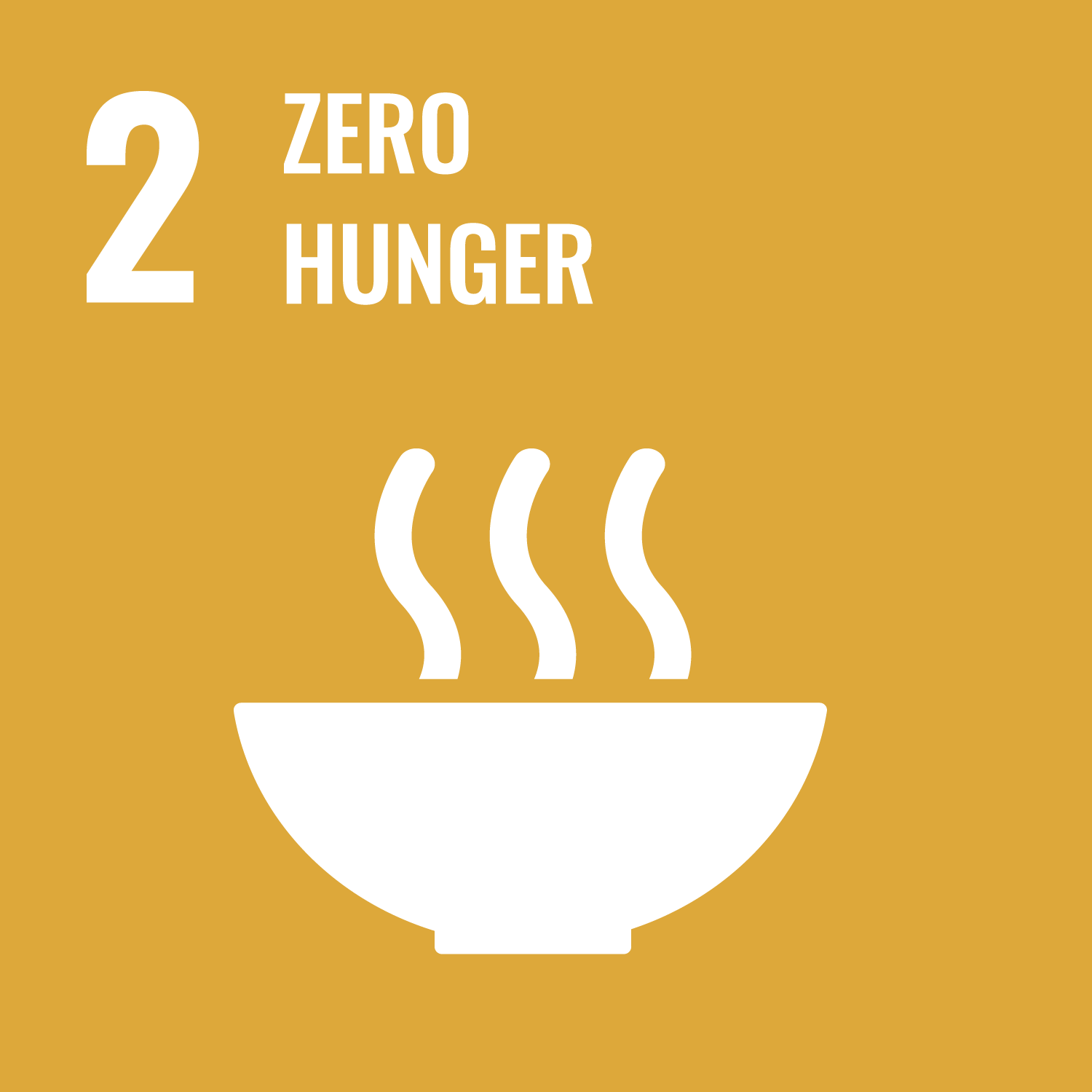
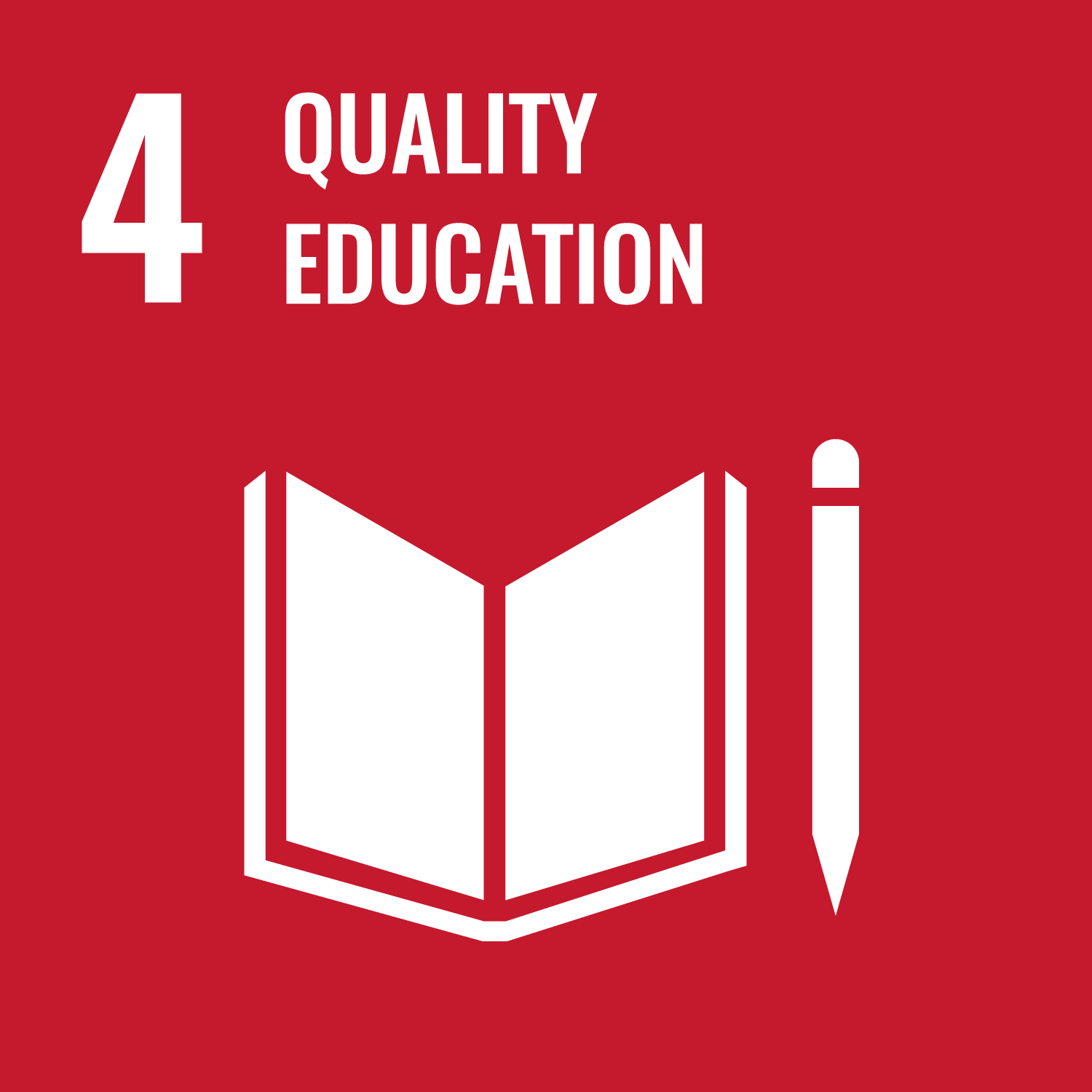
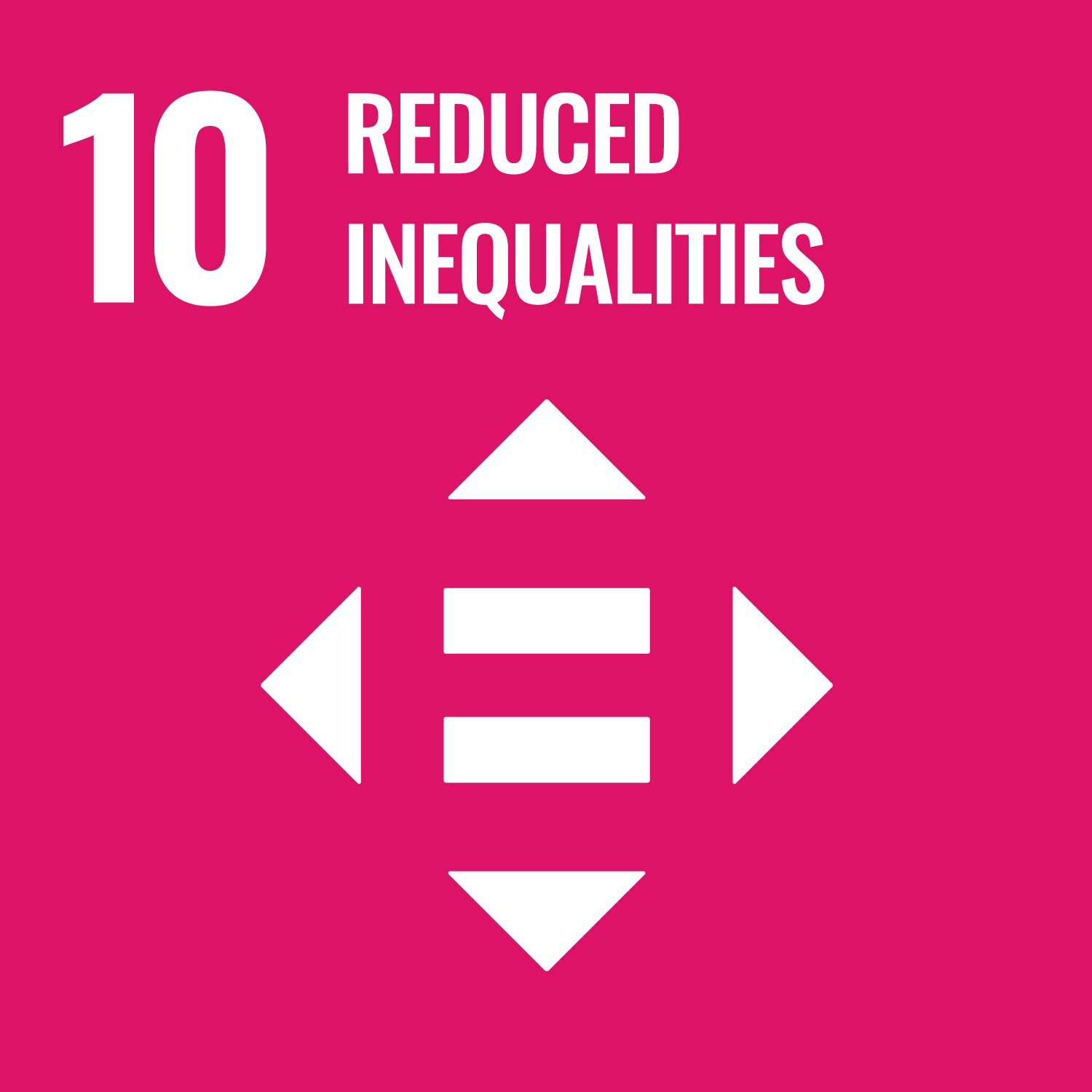
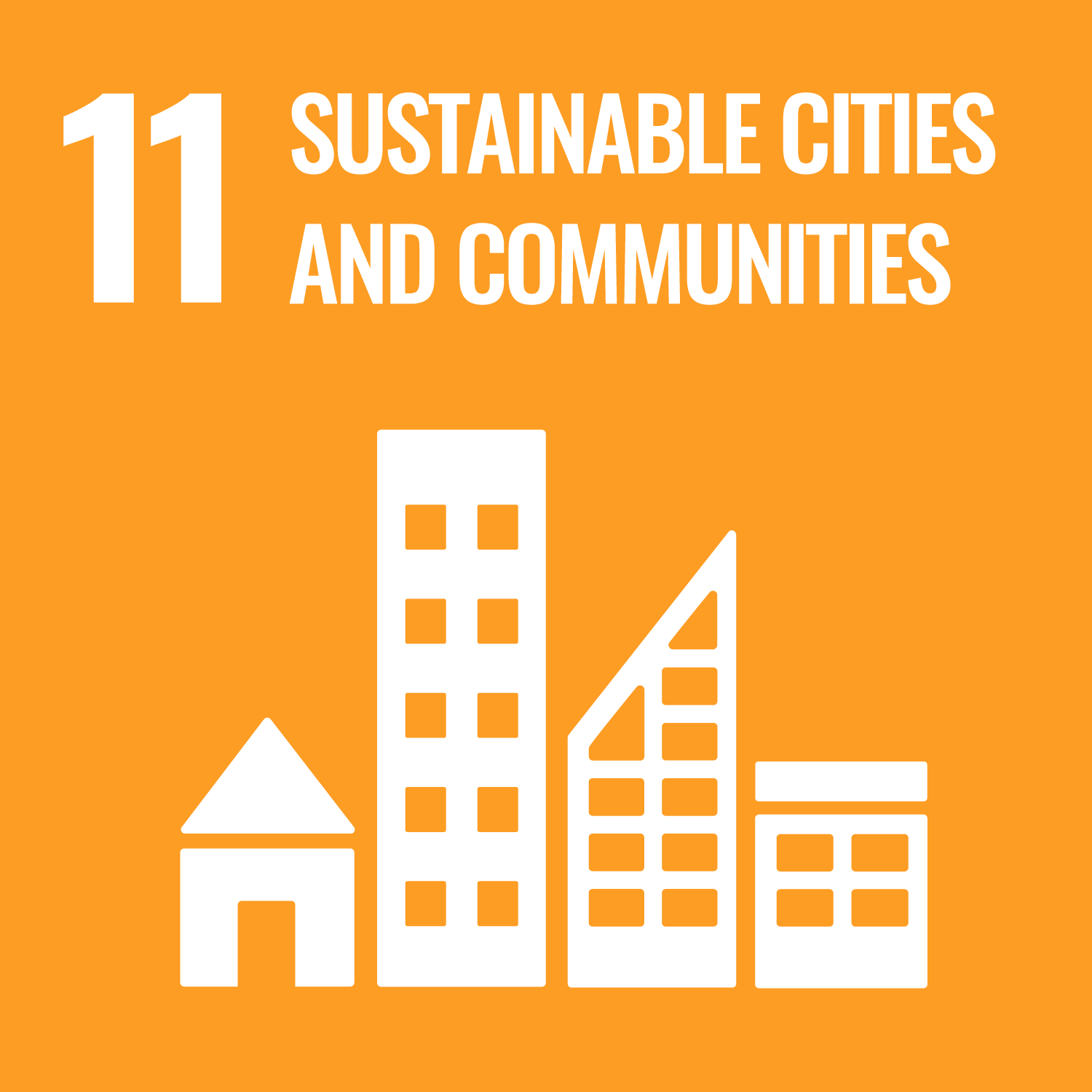
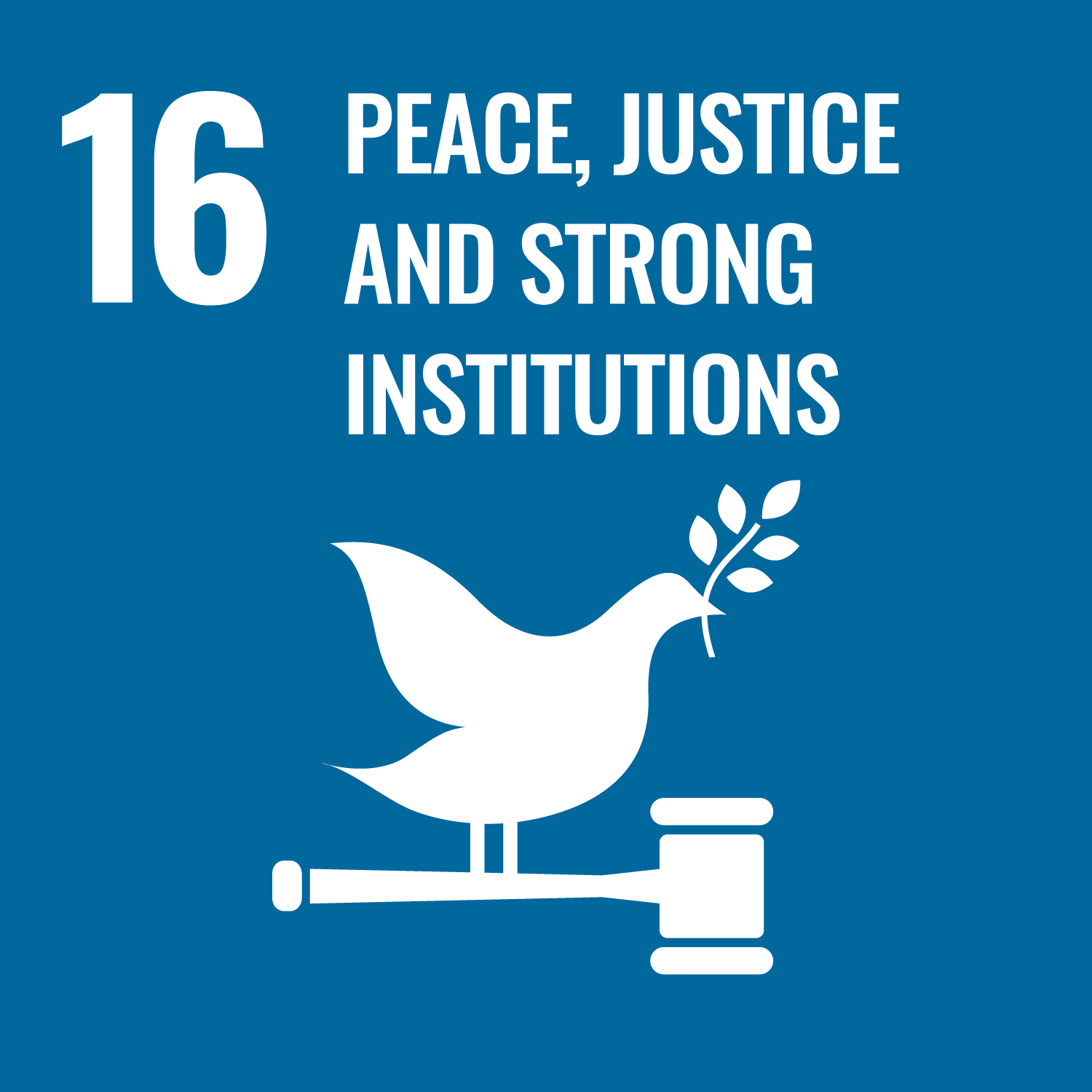
Reflection
This activity needed everyone to care. Every day, thousands of people experiencing homelessness go hungry. How do people think it feels to not have enough to eat – or to not have a choice about the food you eat? How did their meal help people who are experiencing homeless? Hopefully it spread important messages, for example, about the structural causes of homelessness or the actions people can take to help end homelessness for good. Charities like Crisis help individual people – they also encourage decision makers to take action to end homelessness. If people have already identified potential solutions, why haven’t decision makers taken action to end homelessness? What can everyone do to inspire decision makers to act?
This activity also needed everyone to be a team player. Did different people take on different roles? Did everyone have the same goal? Did people always get to do the job they wanted, or did they have to be flexible and compromise? How did people feel at the end of the meal? Would they do anything differently if they did it again?
Safety
All activities must be safely managed. You must complete a thorough risk assessment and take appropriate steps to reduce risk. Use the safety checklist to help you plan and risk assess your activity. Always get approval for the activity, and have suitable supervision and an InTouch process.
- Cooking
Teach young people how to use cooking equipment safely. Supervise them appropriately throughout. Make sure it’s safe to use and follow manufacturers’ guidelines for use.
- Fires and stoves
Make sure anyone using fires and stoves is doing so safely. Check that the equipment and area are suitable and have plenty of ventilation. Follow the gas safety guidance. Have a safe way to extinguish the fire in an emergency.
- Food
Remember to check for allergies, eating problems, fasting or dietary requirements and adjust the recipe as needed. Make sure you’ve suitable areas for storing and preparing food and avoid cross contamination of different foods. Take a look at our guidance on food safety and hygiene.
- Flammable items
Always take care when using flammable items, especially if you’re near fire. Always follow the manufacturer’s instructions and guidelines.
- Road safety
Manage groups carefully when near or on roads. Consider adult supervision and additional equipment (such as lights and high visibility clothing) in your risk assessment.
If cooking a whole meal isn’t achievable, you could make some snacks to share as you talk instead.
Different groups will need different amounts of adult support. For example, older groups may be able to plan the fine details and logistics while younger groups may need more help to sort the tricky bits while they focus on making posters, preparing simpler food, and chatting to guests.
How will you deliver your petition? You could arrange a meeting with your local MP to deliver it in person.
What will you do during the meal? You could create plays, songs, or poems to perform. You could also move around and chat to people.
This activity may be difficult for people who’ve experienced homelessness (or know people that have). Speak to them (and their parent or carer) beforehand, so you can create a plan for how to make it manageable.
Whatever you do, make sure your project’s accessible for everyone. Think about things like physical access (for example, for wheelchair users) as well as making the space autism-friendly and making sure there are different ways for people to get involved.
Think about people’s dietary requirements when you’re cooking. What will you do if someone’s vegan or vegetarian, if they have dietary requirements because of their faith, or if they have allergies?
All Scout activities should be inclusive and accessible.

Community Impact Stage 1

Community Impact Stage 2

Community Impact Stage 3

Community Impact Stage 4

Chief Scout's Silver Award
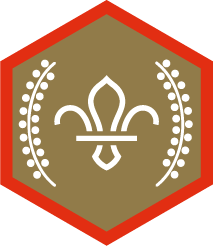
Chief Scout's Gold Award

Chief Scout's Platinum Award

Chief Scout's Diamond Award

King's Scout Award
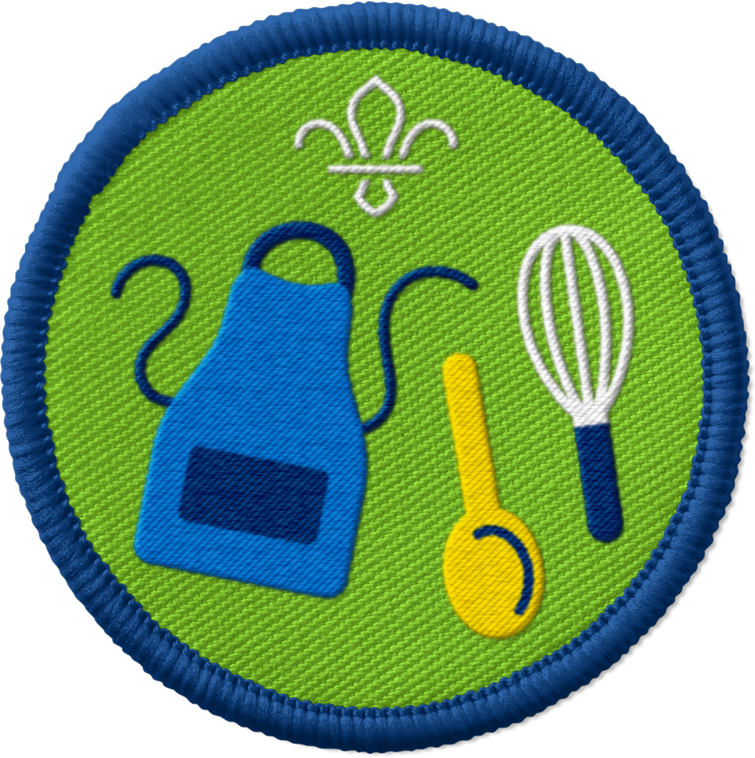
Squirrels Super Chef Activity Badge
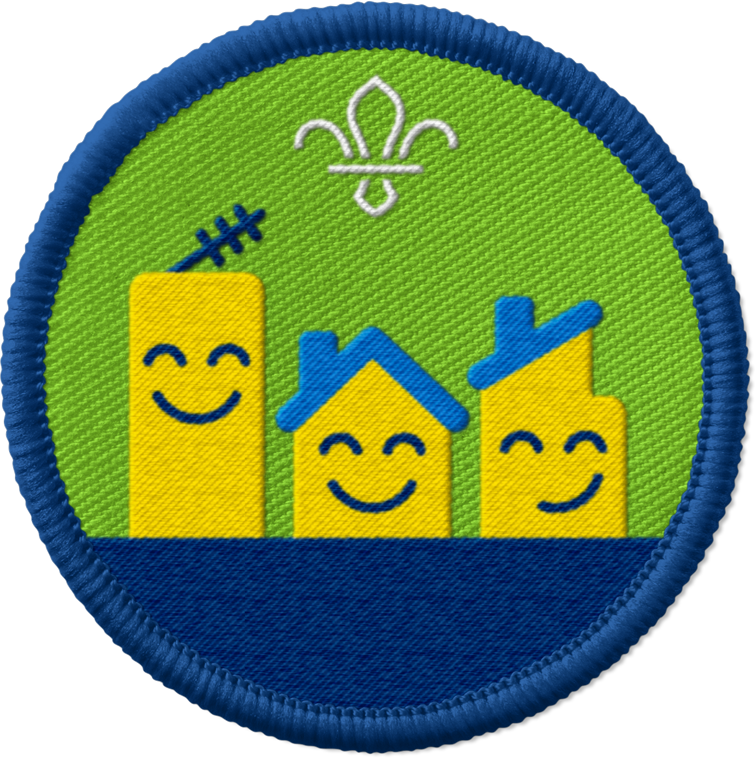
Squirrels Local Superhero Activity Badge
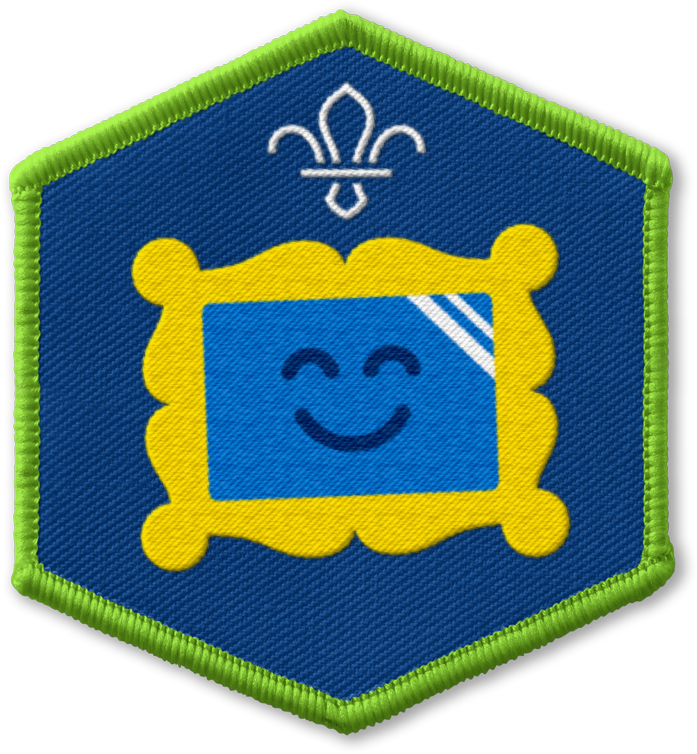
Squirrels All About Me Challenge Award
Why not see if any local shops will donate food or equipment to help you put on your meal? You could use surplus food and tackle food waste.